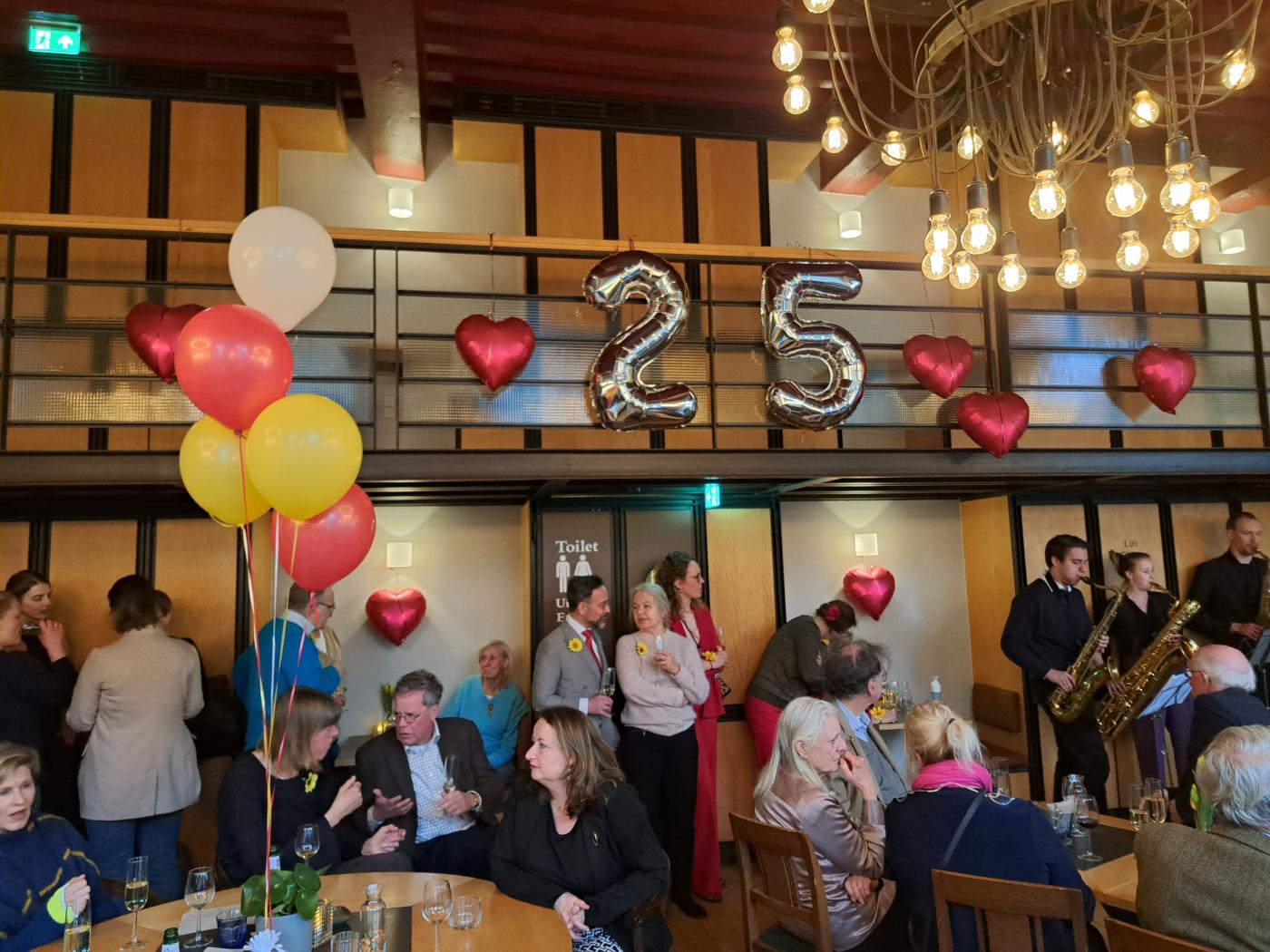To avoid bankruptcy
Faculty Club no longer independent; it is now part of the university

Helios was having financial problems due to the pandemic. To avoid bankruptcy and make sure that the Faculty Club will continue to organise activities for alumni and staff, the board of the association has decided to cease its activities and make the Faculty Club a part of the university. The general meeting for members will decide on this matter on March 14.
Helios was founded in November 1998, with the Faculty Club as a hub for alumni and staff, as well as social organisations linked to the university in some way. The Faculty Club has a space in the Utrecht University Building where it can hold events, gatherings, lunches and dinners. In addition, the association organises all sorts of activities, such as a monthly happy hour, lectures, and thematic dinners. Last but not least, the association can rent out certain rooms.
Thanks to its association structure, the club can operate in a completely independent manner from the university. UU staff members are automatically affiliated, while alumni can do so by paying a fee. A considerable part of the association's revenues come from renting out rooms in the Utrecht University Building.
This revenue source withered during the Covid-19 pandemic, when the association saw its savings go down to zero. After the end of the pandemic, Helios was only able to organise activities again because its fixed expenses had been paid for by UU, such as the club manager's salary. Although its finances improved after Covid, the situation still hasn't stabilised itself, which means the association risks going bankrupt.
That's why the board suggested bringing the Faculty Club under UU's Woonbedrijf, which jointly directs Real Estate & Campus and the Facility Service Centre. The idea is to guarantee that the activities continue to be organised.
Even so, members have been concerned lately. When it all began, the association format was not chosen for a reason. To what extent will the Faculty Club's operations remain independent? Won't it become easy prey whenever the university needs to cut costs? Chair Ronald Bleys, Professor of Anatomy at the Faculty of Medicine, does not see such danger. "The new structure will still have a board and a programme committee. We will not have members anymore, but we are looking for a new format. Alumni will have to register as interested parties."
Everyone who attended the last general meeting, which was held in February, voted in favour of the change. However, the vote was not legally binding because at least one-third of the members would have to be present. There are currently almost 4,000 members. That's not going to be necessary for the meeting to be held on March 14, when the transition is likely to be approved. However, members warned in February that agreements should be properly put in writing.